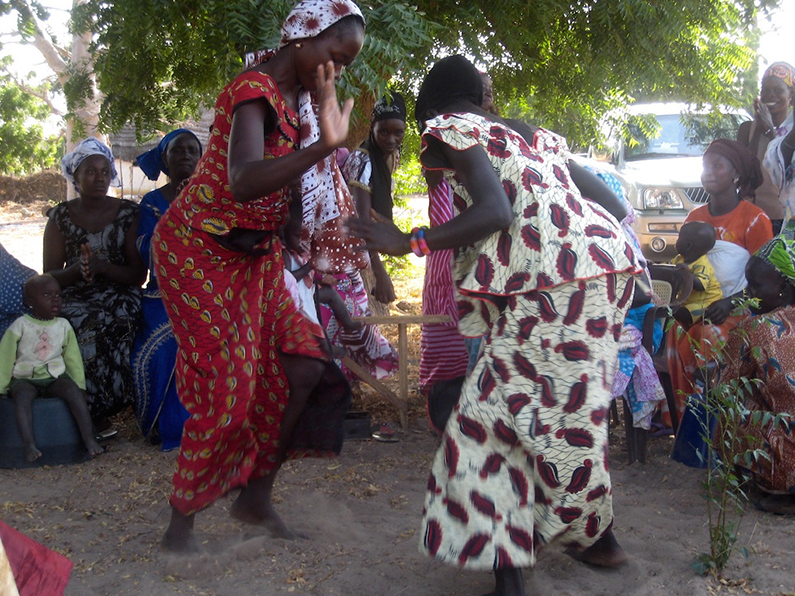This Wednesday, September 23rd, marked the beginning of Eid al-Adha, a four-day celebration that is one of the most important holidays for Muslims worldwide. In Senegal, where approximately 90% of the population is Muslim, Eid al-Adha is called Tabaski in rural Senegal, in the Senegalese Wolof language.
Tabaski in rural Senegal is an incredibly important national holiday during which many people travel home to rural villages to celebrate with their families. Senegalese have new clothes made for Tabaski and exchange gifts with family and friends. The centerpiece of the celebration is a feast of ram, vegetables, rice, and sauces.
Families save all year to purchase a ram for Tabaski. In the weeks leading up to the holiday, traders bring hundreds of thousands of sheep to Senegal from Mali and Mauritania and corral them in pens in Dakar and other cities. Last year, Senegalese families purchased more than 800,000 rams for Tabaski, sometimes spending hundreds of dollars per ram.
On Tabaski in rural Senegal, families ritually slaughter their ram at dawn, before cooking and eating it. Households then share the meat with their friends and neighbors – both Muslim and Christian.
To our field staff and all CREATE! community members: tabaski mubarak!

